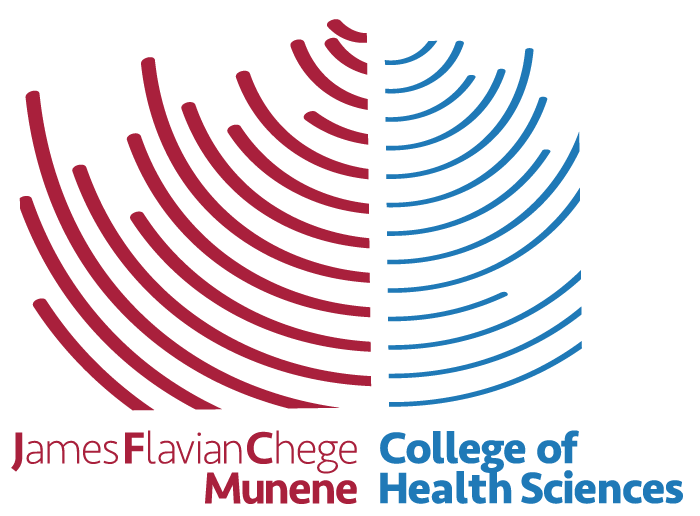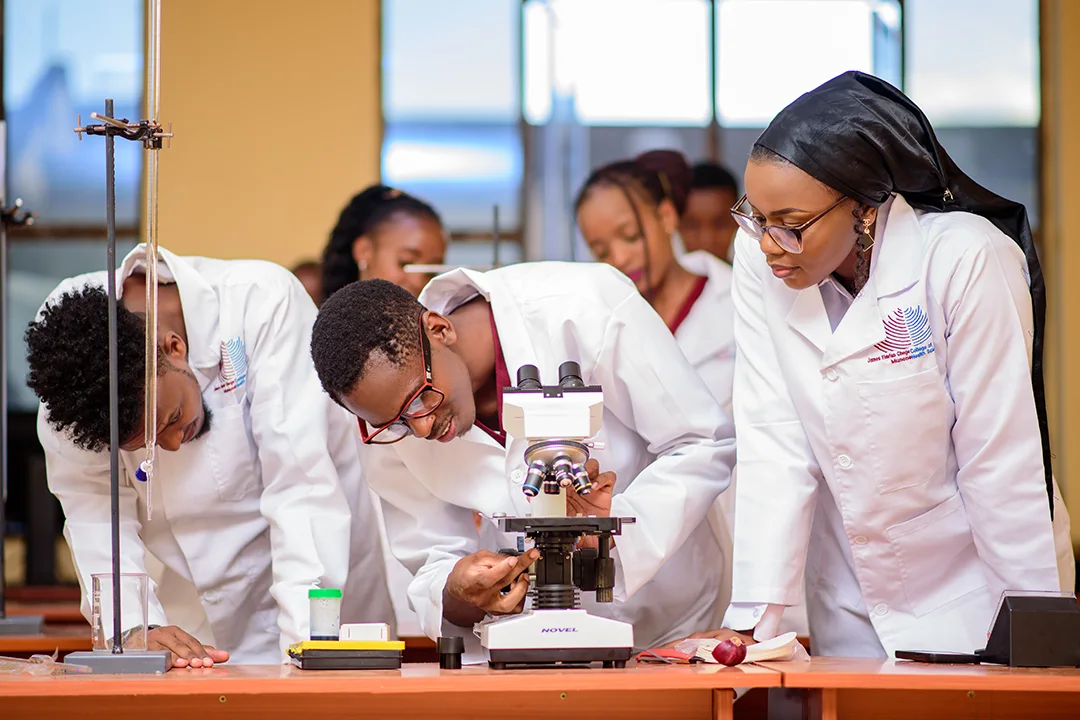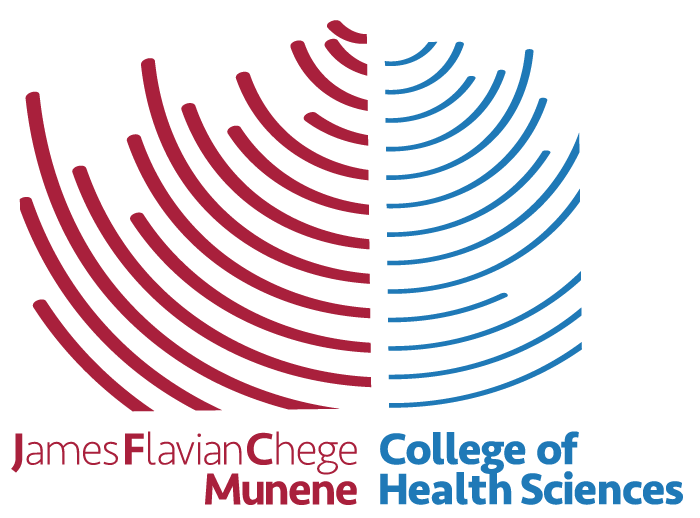Introduction
Are you considering a career that combines scientific knowledge with practical skills? A Diploma or Certificate in Science Lab Technology might be the ideal choice for you. Science Lab Technology programs are designed to prepare students for dynamic roles in various laboratory settings, from hospitals to research institutions. At JFC Munene College of Health Sciences, we offer comprehensive programs that equip students with the necessary skills, knowledge, and hands-on experience to excel in this exciting field. In this blog, we’ll delve into what you’ll learn in a Science Lab Technology program, focusing on the core skills, courses, and real-world applications that make our program unique.
Essential Laboratory Skills You Will Acquire
A Science Lab Technology program is rooted in developing a strong foundation of essential laboratory skills. These skills are critical to ensuring accuracy, efficiency, and safety in any laboratory environment. Here are some of the key skills you will acquire:
Sample Collection and Analysis:
Understanding how to collect, handle, and prepare samples for analysis is a fundamental skill in any lab setting. You’ll learn to work with various biological and chemical samples, mastering techniques such as pipetting, centrifugation, and spectrophotometry.
Laboratory Safety and Protocols: Safety is paramount in any laboratory. The program will teach you to follow strict safety protocols, manage hazardous materials, and respond to emergencies. You’ll become proficient in using personal protective equipment (PPE) and maintaining a clean and safe lab environment.
- Data Recording and Interpretation: In the world of Science Lab Technology, attention to detail is key. You’ll develop skills in accurately recording, managing, and interpreting data. This includes using laboratory information systems (LIS) and understanding statistical methods to analyse test results.
- Equipment Handling and Maintenance: Lab technologists need to be adept at operating and maintaining sophisticated equipment. You will gain hands-on experience with a range of instruments, such as microscopes, autoclaves, and analyzers, learning how to troubleshoot and ensure their proper functioning
At JFC Munene College of Health Sciences, we emphasise practical training to ensure our students are confident and competent in these fundamental skills, ready to step into any laboratory setting.
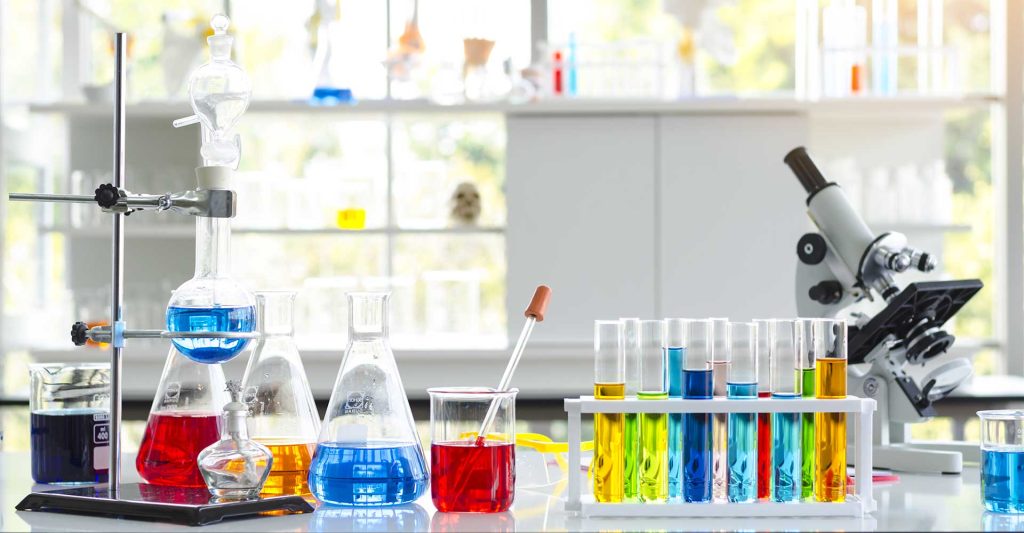
Key Courses Offered in the Program
Our Science Lab Technology programs offer a rich and diverse curriculum that covers a wide range of subjects. Here are some of the core courses you will study at JFC Munene College of Health Sciences:
- Introduction to Laboratory Science: This foundational course introduces you to the world of laboratory science, covering essential concepts such as lab organisation, quality control, and basic lab techniques. You’ll also learn about the various roles and responsibilities of lab technologists.
- Clinical Chemistry: In this course, you’ll explore the chemical analysis of bodily fluids, focusing on diagnostic techniques used to detect and monitor diseases. Topics include blood glucose levels, liver function tests, and electrolyte balance.
- Microbiology and Parasitology: Learn about microorganisms and parasites that impact human health. This course covers methods of culturing, identifying, and testing bacteria, viruses, fungi, and parasites. You’ll also study the role of these organisms in disease transmission and prevention.
- Haematology: Focused on the study of blood, this course covers blood cell morphology, haematological disorders, and diagnostic techniques such as complete blood counts (CBC) and blood smears. You’ll learn how to use haematology analyzers and interpret results for clinical diagnosis.
- Biochemistry: This course dives into the biochemical processes and molecular mechanisms underlying human health and disease. You’ll explore topics such as enzymes, metabolism, and DNA replication, with practical lab sessions to reinforce theoretical knowledge.
- Laboratory Management and Ethics: Beyond the technical skills, this course teaches you how to manage a laboratory efficiently, focusing on quality assurance, inventory management, and lab safety protocols. Ethical considerations in laboratory practice are also discussed, preparing you to handle sensitive information and patient samples responsibly.
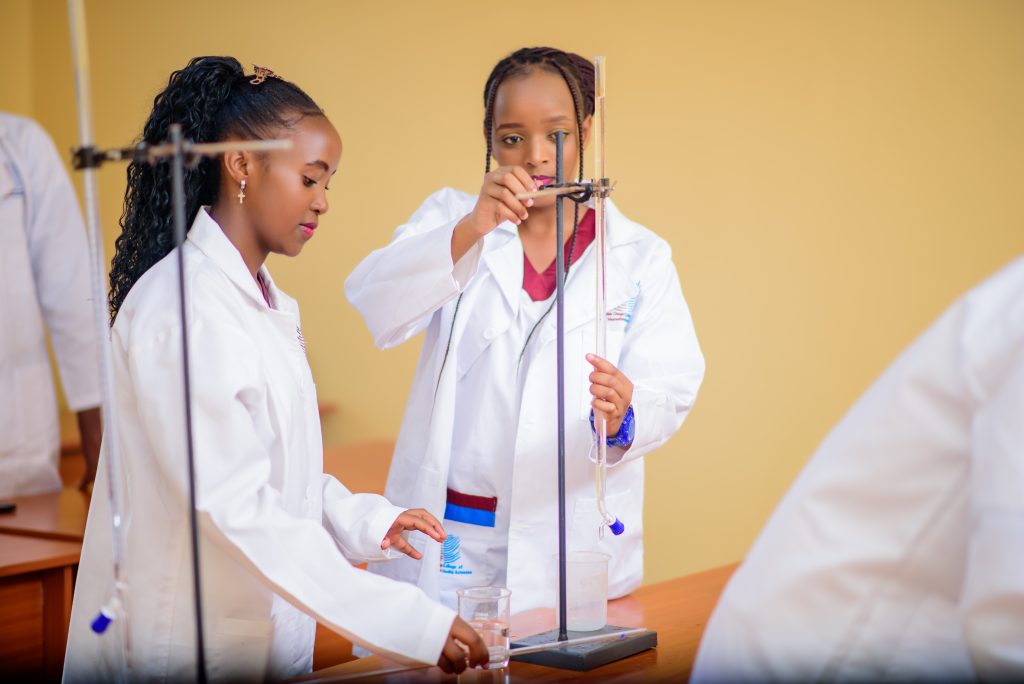
Real-World Applications of Your Learning
One of the unique aspects of the Science Lab Technology program at JFC Munene College of Health Sciences is the emphasis on real-world applications. Here’s how the skills and knowledge you acquire will be applied in professional settings:
- Healthcare Diagnostics: You’ll play a crucial role in diagnosing and monitoring patient health. Your expertise in clinical chemistry, haematology, and microbiology will allow you to perform essential diagnostic tests, aiding doctors in making accurate diagnoses and developing treatment plans.
- Research and Development: Your skills will be invaluable in research settings, where you can contribute to scientific discoveries and innovation. Whether it’s developing new pharmaceuticals or studying the effects of environmental changes, your laboratory skills will be critical in advancing science.
- Quality Control in Manufacturing: In industries like food, pharmaceuticals, and cosmetics, your training will help ensure products meet quality and safety standards. You’ll be involved in testing raw materials, monitoring production processes, and conducting final product assessments.
- Environmental Science and Public Health: Your knowledge in microbiology and biochemistry can be applied to environmental labs, where you will test water, soil, and air samples to monitor pollution levels and prevent environmental hazards. You may also work in public health labs, helping to track disease outbreaks and support community health initiatives.
- Forensic Science: With the right specialisation, you could find yourself working in forensic labs, using your skills to analyse evidence from crime scenes. Your understanding of chemical analysis and DNA testing could be pivotal in solving criminal cases.
At JFC Munene College of Health Sciences, we ensure that students have opportunities to apply their learning through internships, lab simulations, and hands-on projects that mimic real-world scenarios. This approach helps bridge the gap between classroom knowledge and professional practice.
Learning Beyond the Classroom: Attachment Placements and Field Experiences
Our programs at JFC Munene College of Health Sciences go beyond traditional classroom learning. We believe that exposure to real-world environments is critical for developing well-rounded professionals. Our students have access to:
- Attachment Placements in Reputable Laboratories: We have established partnerships with leading hospitals, research institutes, and private labs to offer our students valuable internship opportunities. These placements provide firsthand experience, allowing students to apply their classroom learning in real-life scenarios.
- Field Visits and Lab Simulations: Regular field visits and lab simulations are part of the curriculum, offering students a chance to observe professionals in action and understand the nuances of various laboratory environments. These experiences build confidence and prepare students for the realities of their future careers.
- Mentorship and Networking Opportunities: Our faculty comprises seasoned professionals with years of industry experience. They provide mentorship to students, guiding them through their academic journey and helping them build networks that will be invaluable in their careers.
Why Choose JFC Munene College of Health Sciences?
When it comes to pursuing a Diploma or Certificate in Science Lab Technology, JFC Munene College of Health Sciences stands out for several reasons:
- Experienced Faculty: Our faculty members bring years of experience in various scientific and medical fields, ensuring that students receive high-quality education and mentorship.
- Modern Facilities: We offer state-of-the-art labs and equipment, providing students with a hands-on learning environment that mirrors real-world settings.
- Industry-Relevant Curriculum: Our courses are designed in consultation with industry professionals, ensuring that our graduates are prepared for the demands of today’s job market.
- Strong Industry Connections: With our partnerships with leading hospitals and laboratories, students have opportunities for internships, job placements, and networking with potential employers, enhancing their employability and career prospects.
A Diploma or Certificate in Science Lab Technology from JFC Munene College of Health Sciences provides you with the skills, knowledge, and practical experience to excel in a range of laboratory settings. You’ll learn everything from basic lab techniques and safety protocols to specialised areas like clinical chemistry, microbiology, and haematology. These programs are not just about gaining knowledge but applying it in real-world contexts, preparing you for a successful career in healthcare, research, quality control, environmental science, and more.
If you’re ready to embark on a fulfilling career that combines science with hands-on practice, consider joining the Science Lab Technology program at JFC Munene College of Health Sciences. Here, you’ll receive a comprehensive education that empowers you to make a real difference in the world of science and healthcare.
Don’t Wait to Achieve Your Dreams: Complete Your Application Now!
Seize the opportunity to unlock your potential. Start your path to success by filling out the admission form today!
